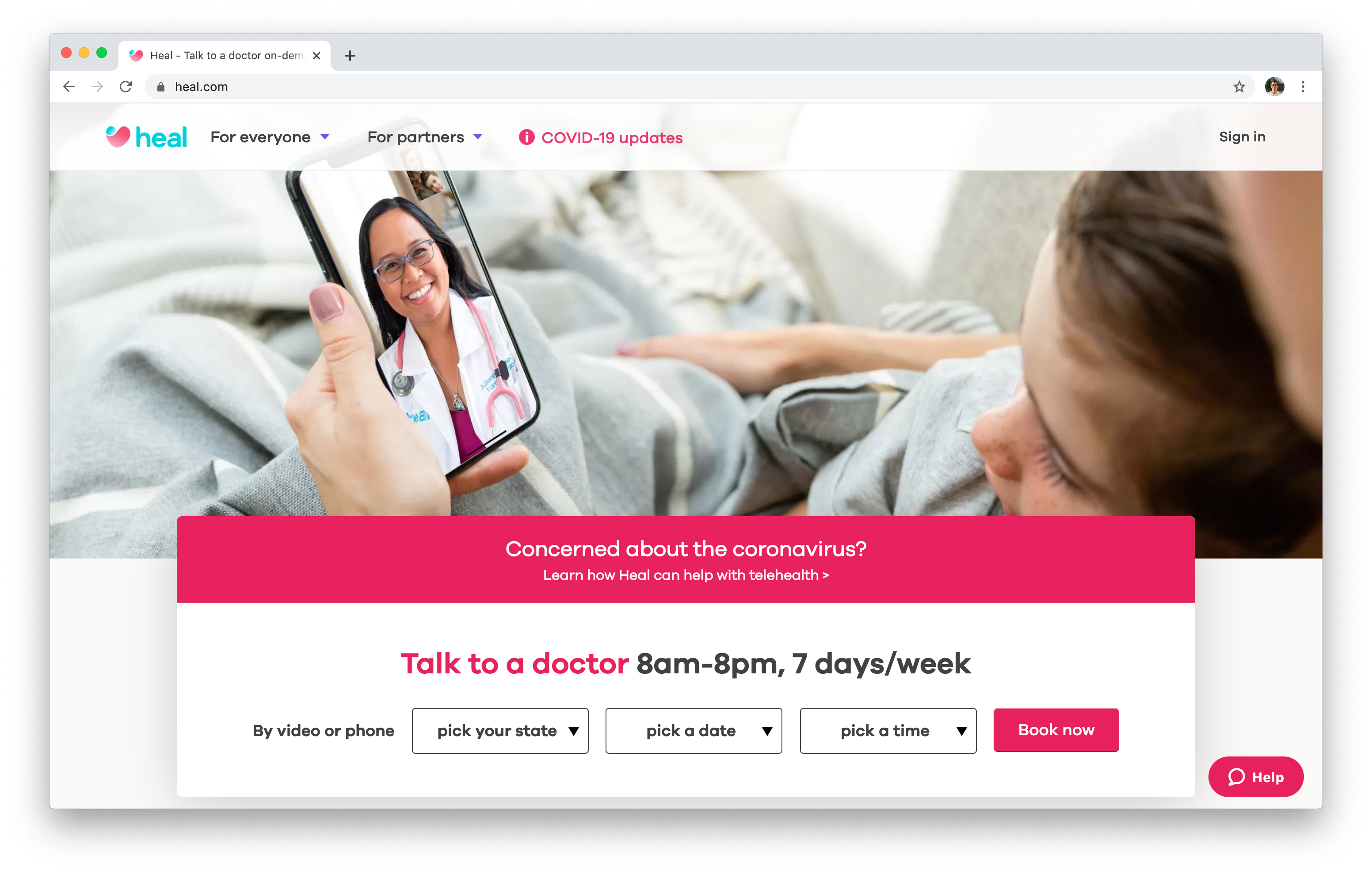How Subscription Based Healthcare is Transforming Patient Access to Services
How Subscription Based Healthcare is Transforming Patient Access to Services
Blog Article
The Rise of Subscription-Based Health Care and Its Influence On Patient Care
As healthcare progresses, the subscription-based model is obtaining traction, promising to change client care by using predictability and access. The capacity for these models to reshape healthcare distribution increases pressing concerns concerning their lasting sustainability and inclusivity. Are these subscription services the future of health care, or do they run the risk of leaving prone populations behind?
Comprehending Registration Healthcare Models
Understanding the concept of registration healthcare models involves analyzing a transformative approach to clinical solutions that stresses price and availability. These models, frequently referred to as direct health care (DPC) or concierge medicine, have actually arised as ingenious options to standard fee-for-service healthcare systems. Membership health care enables people to pay a fixed month-to-month or annual fee for a specified collection of medical services, which may include unlimited workplace check outs, regular exams, and standard laboratory tests, without the demand for typical insurance payment.
The structure of subscription health care models is made to enhance client care by getting rid of third-party payers and complicated billing codes, consequently reducing administrative problems. Doctor can focus extra on client treatment, cultivating more powerful patient-provider relationships. This version likewise promotes preventative care by motivating routine check outs, as the monetary barrier of per-visit costs is gotten rid of.
The membership model often encourages healthcare providers to manage smaller sized individual panels, enabling more personalized treatment. It straightens economic rewards with patient health outcomes, as companies are motivated to keep patient fulfillment and health. On the whole, recognizing subscription healthcare versions needs identifying their potential to improve how treatment is delivered and accessed.
Advantages for Companies and individuals

With a consistent earnings stream, medical care professionals can dedicate even more time to each client, leading to a much more complete and personalized treatment experience. The emphasis on precautionary treatment within membership plans can lead to much better individual outcomes and decreased long-lasting healthcare expenses.
Difficulties and Concerns
While subscription-based medical care versions existing countless benefits, they also include a set of difficulties and issues that must be resolved. Initially, ease of access remains a substantial concern, as these designs usually target people that can pay for month-to-month costs, possibly excluding low-income populations. This increases ethical questions concerning fair accessibility to health care solutions. Additionally, the varied nature of subscription strategies can lead to confusion amongst patients pertaining to insurance coverage specifics, possibly causing unmet assumptions or poor treatment.
Financial sustainability of subscription-based versions is an additional problem. Service providers should balance the set earnings from memberships with the variable costs of medical care solutions, which may vary due to unforeseen medical requirements. This can produce stress to restrict solutions or boost fees, possibly impacting person complete satisfaction and care top quality.
Furthermore, governing oversight of subscription-based medical care designs is still developing. The absence of standard frameworks can cause irregular service high quality and responsibility, complicating initiatives to make certain person security. Finally, the integration of innovation-- typically a keystone of these versions-- questions regarding information personal privacy and security, as delicate individual information can be susceptible to violations. Resolving these difficulties is crucial for the fair and successful implementation of subscription-based medical care.
Influence on Patient-Doctor Relationships
One significant influence of subscription-based health care models on patient-doctor partnerships is the capacity for boosted continuity and customized treatment. By taking on a membership design, doctors can manage a smaller patient panel, enabling even more committed time with each person. This enhanced availability cultivates a deeper understanding of a person's case history, way of living, and preferences, allowing extra customized therapy plans and treatments.

Nevertheless, it is crucial to recognize that while subscription-based models might benefit those that can afford them, they might inadvertently widen healthcare variations. Individuals that are incapable discover this to get involved in these models may experience reduced accessibility to personalized treatment, potentially affecting their partnerships with medical care companies. Therefore, while the registration model provides promising advantages for patient-doctor connections, it additionally poses challenges that need to be addressed to ensure equitable health care gain access to.
Future of Health Care Accessibility

The role of modern technology can not be overlooked in this improvement. Telemedicine systems and digital health documents assist in smooth communication between clients and health care providers, damaging down geographical and logistical obstacles. Additionally, advancements in man-made knowledge and data analytics can even more personalize healthcare by anticipating patient demands and optimizing treatment plans.
Nonetheless, the future of health care access additionally offers difficulties, such as making certain equity across various socio-economic teams. Policymakers and medical care service providers need to team up to bridge the digital divide, making sure that subscription-based designs remain comprehensive and budget-friendly. As these systems grow, they hold the assurance of making medical care extra available, reliable, and patient-centric.
Final Thought
Subscription-based healthcare versions are reshaping person treatment by offering a steady cost framework and boosting access. These versions enhance More Bonuses patient-provider connections with individualized treatment and routine sees, stressing preventative health and wellness. In spite of these benefits, difficulties such as availability problems for low-income populaces and the need for fair healthcare solutions persist. The rise of subscription-based medical care urges positive patient involvement, which has the potential to boost person outcomes and satisfaction, indicating a transformative change in medical care distribution.
As healthcare advances, the subscription-based version is gaining traction, guaranteeing to reinvent person treatment by providing predictability and access.Subscription-based medical care designs use distinct advantages for both people and suppliers, improving the total healthcare experience.As health care systems evolve, the future of healthcare gain access to often hinges on the assimilation of innovative designs and innovations.Subscription-based healthcare designs are reshaping individual treatment by providing a secure cost framework and improving ease of access. The increase of subscription-based medical care encourages aggressive person involvement, which has the potential to enhance client results and contentment, signifying a transformative shift in healthcare delivery.
Report this page